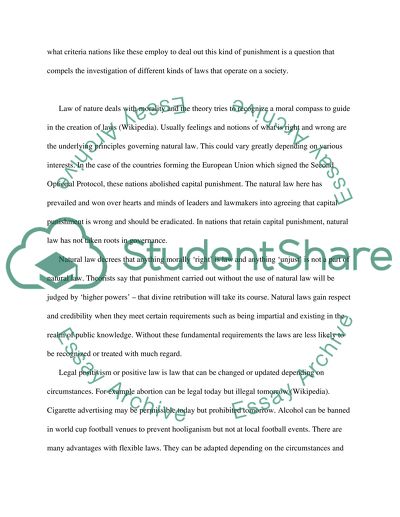Cite this document
(“Definition of law Essay Example | Topics and Well Written Essays - 4000 words”, n.d.)
Definition of law Essay Example | Topics and Well Written Essays - 4000 words. Retrieved from https://studentshare.org/miscellaneous/1509581-definition-of-law
Definition of law Essay Example | Topics and Well Written Essays - 4000 words. Retrieved from https://studentshare.org/miscellaneous/1509581-definition-of-law
(Definition of Law Essay Example | Topics and Well Written Essays - 4000 Words)
Definition of Law Essay Example | Topics and Well Written Essays - 4000 Words. https://studentshare.org/miscellaneous/1509581-definition-of-law.
Definition of Law Essay Example | Topics and Well Written Essays - 4000 Words. https://studentshare.org/miscellaneous/1509581-definition-of-law.
“Definition of Law Essay Example | Topics and Well Written Essays - 4000 Words”, n.d. https://studentshare.org/miscellaneous/1509581-definition-of-law.


